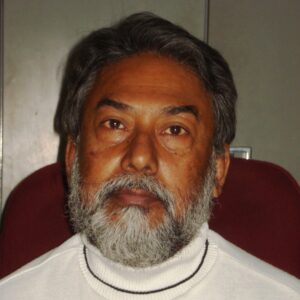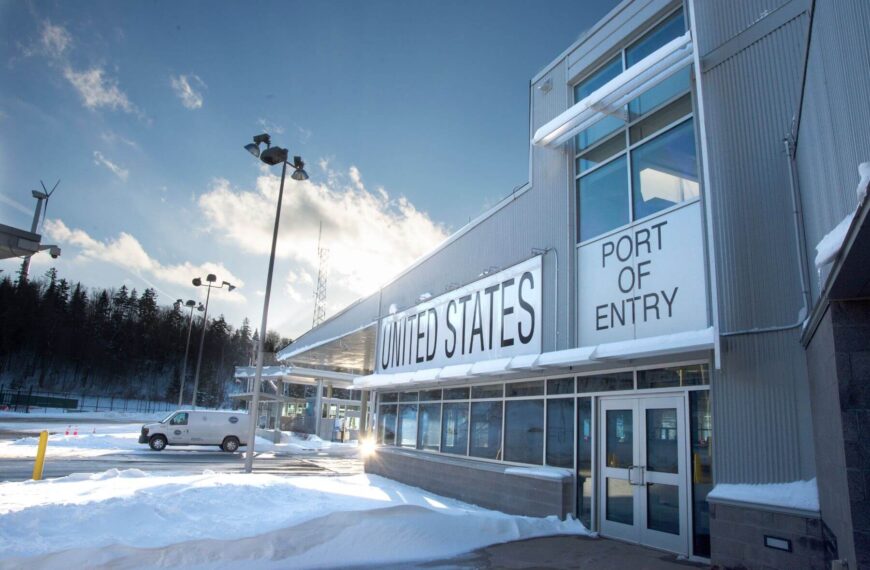Prof Bhaskar emphasises the importance of addressing social silence in civil society, especially among the middle class, to advocate for social change during crises, exclusively for Different Truths.
Social silence represents the silence of civil society, where the middle class is an important subset. This silence may convey contentment during periods of stability, but it becomes a serious concern during times of crisis.
If a society is composed of major three constituents: the mass society, the civil society, and the elite society, then the question arises whose responsibility is it to break the silence or become vocal in the public place?
Albeit the continuous protests by the Junior Doctors of R.G.Kar Hospital in Kolkata that followed the murder and alleged rape on August 9, 2024, of a young lady doctor on duty, and common people joining this public protest that initially was Kolkata-centric and then had a magnified effect to encompass the whole world, the middle class in general has kept silence since past few decades. What this probably implies is one alleged rape-cum-murder was needed to break social silence.
Change Through Voting
If people consider a system to be normal, they are unlikely to seek changes through the political process of voting. A system is shaped by “We the people of India,” just as it is in other countries around the world. India is the largest democracy, and the concept of normalcy is evaluated on a wide scale using various indicators.
Key indicators include the safety and security of individuals, food security, access to housing, job opportunities, and the dignity of women in public spaces. If people perceive these aspects as being compromised, they have valid reasons to question the system.
The catalysts in questioning are the educated-enlightened sections of the society called the middle class. The mass society generally remains engaged in survival mode and silent. The elite have no reason to be vocal in the public place. The elite are privileged in the given system and hence keep silent in favour of the status quo. The mass society at the bottom of the economic ladder does not dare to raise its voice. The onus is thus on the middle class to break their silence.
Divided Middle Class
The issue with the middle class is that it is divided. One small segment aligns with the power elite, while another waits in line as state beneficiaries. As a result, the remaining middle class, which is more aware and conscious, steps forward to represent the voices of the voiceless or the victims of the system.
Did anybody assign the middle class the responsibility to respond to social diseases that have been rampant for more than a decade in West Bengal like criminalization of the society and terror as a culture? Even if the middle class was expected to respond, nobody visibly asked them to be the panacea in the system. People in West Bengal have got converted into political people dividing the human society by political parties and hence capturing power by fair means or foul has become the only goal. It is then polity and not society that is the determinant of social outcome.
Recently, West Bengal has been witnessing a troubling “threat culture” perpetuated by the ruling political establishment. This environment suggests that individuals engaged in criminal activities feel no fear of punishment, likely due to collusion between these criminals and the police or public administration. The ruling authorities appear confident that they can silence the general populace through initiatives like providing free food grains and cash transfers.
Silent Elite
However, critical issues such as job creation and the dignity of women in public spaces continue to be overlooked. The elite remains largely silent, only occasionally expressing hypocritical concerns about welfare programs like freebies and mid-day meals, which are aimed at supporting the low-income population.
Some of the voices have virtually disappeared like the voice of labour unions because of the radical change in the employment structure that moved monotonically to labour use temporarily distanced from scope to form unions. Elite is choice-based voiceless. The middle class decided its voice and unless self-affected did not feel the urge to raise its voice.
The mass society is voiceless because of its compulsions. What remains then is a prolonged authoritarian rule that fails to ensure long-term social enrichment through education and well-being. Non-elite people learn to live in low-level equilibrium.
Authoritarian Rule
The agony of West Bengal lies in a shift from a 34-year-long communist rule to an ongoing 12-year-long authoritarian rule and each defines the social outcome. It was fear-intimidation in the public place that sections of the middle class felt suffocated from.
The Parivartan that they felt necessary brought about ‘from the frying pan to the fire’. Even if a part of the middle class has started understanding it, it has become difficult to come out of the authoritarian regime of the alleged collusion between the centre and the state of West Bengal.
The middle class is not the major voter in the political system of India – it is the mass society. Because of the dominant lumpen that is power protected, the middle class feels marginalised apart from living in fear of the loss of dignity in public places…. Because of being a political class for the past half a century, society is trapped in discourse at the level of the polity. The ruling authority in political power probably does not prefer wise people or is reluctant to be criticized by those who unearth the truth. In parallel, the ruling authority engages its agents at a high price to manufacture truth that people at the bottom are forced to swallow.
Accountable Middle Class
If the lumpen substitutes the wise people, if wise people leave the country or go underground, if the educated section is intimidated or if this section has reasons to apprehend emerging threats, the system will rot. Is the middle class accountable to the rest of society if the system goes wrong or rots? Probably yes for its education and enlightenment.
What was not criticised or questioned in the immediate or remote past may very well be questioned now. Also that it is a pan-India phenomenon is no consolation for the victims residing in West Bengal. If the renaissance in undivided Bengal carries any meaning now, the responsibility rests on the enlightened class to put the society on the right platform, notwithstanding the intimidation from the ruling power.
The unfortunate part of the responsibility that is currently accepted by a large section of civil society lay in the gruesome murder of a young lady doctor-on-duty in R.G. Kar Medical College and Hospital in Kolkata and alleged rape.
The core state is not responsible for providing individuals with a voice for social change or for reforming the system. Instead, civil society must draw the state’s attention, including that of the judiciary, to take necessary action.
Picture design by Anumita Roy






 By
By
 By
By
 By
By